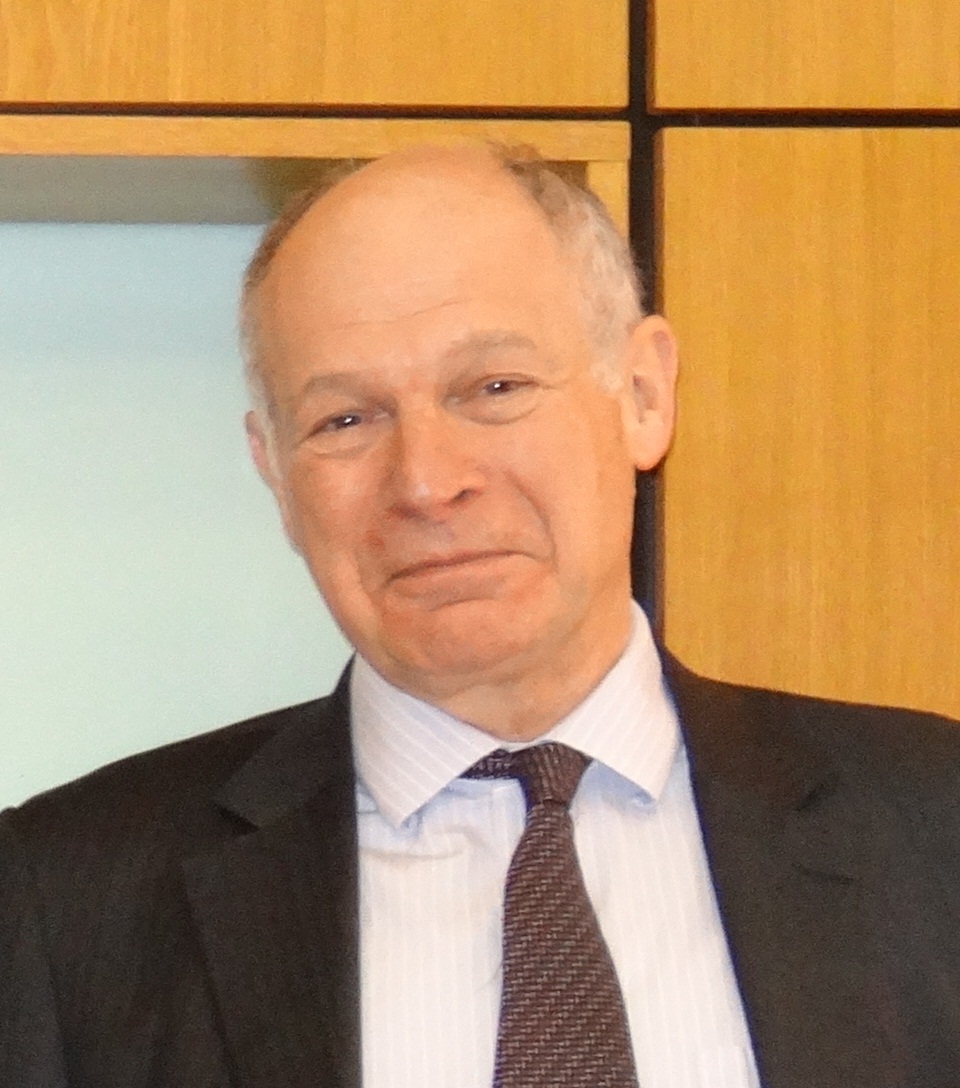The President of the UK Supreme Court delivered a speech celebrating British judges’ achievements in protecting fundamental rights.
Lord Neuberger, in a speech called “Reflections on Significant Moments in the Role of the Judiciary”, discussed a succession of important cases in UK courts which saw judges carry out their role of “upholding the Rule of Law” against the Government.
He also emphasised the importance of increasing public awareness of the courts, and their role in modern society. Referring to the Gina Miller case on whether the Brexit process could begin without a vote in Parliament, Lord Neuberger said
The case certainly gave the concept of open justice real meaning and real purpose, and I hope it did the same for the rule of law.
The Rule of Law – “Clear and Just”
Even though it sounds straightforward, the true meaning of the “Rule of Law” has been debated by UK lawyers and politicians for centuries.
Traditionally, people often thought it simply meant that the law should apply equally to everyone, including the Government. Lord Neuberger discussed arguably one of the most important statements of this principle: the case of Entick v Carrington. That case, from all the way back in 1765, saw a British court decide that Government officers couldn’t enter and damage a person’s private property without legal justification.
But Lord Neuberger’s speech suggests there is more to it than this. He argued that
The rule of law does not just require clear laws, it requires just laws, including fundamental rights.
As RightsInfo’s feature on the Rule of Law explains, this principle is meaningless if it fails to protect human rights. A legal system which regularly undermines fundamental rights, even if laws are clear and accessible to all citizens, cannot truly say it is based on the Rule of Law.
“Human Rights do not Represent a Judicial Power-Grab”
Often criticised, but not always fully understood, the Human Rights Act (HRA) plays a vital role in protecting the human rights of UK citizens.
The HRA made the Human Rights Convention a part of UK law. It has enabled UK citizens to challenge the actions of public bodies (for example, the Government, local authorities, or the police) on the grounds that their human rights have been violated.

However, this is not a case of judges grabbing more powers for themselves. Lord Neuberger’s speech highlights that not only were human rights already part of the common law – the body of cases decided by UK courts, setting precedents for future courts to follow – but also, the HRA was passed by a democratically elected Parliament.
According to Lord Neuberger,
[Parliament] decided to bring human rights into our law, and to give judges the power, indeed the duty, to ensure all individuals’ human rights were properly respected.
To find out more, here are some more useful resources to read and share so people know their rights:
- The full text of Lord Neuberger’s address
- RightsInfo’s 50 Human Rights cases that transformed Britain
- The Supreme Court‘s most important Human Rights decisions.







